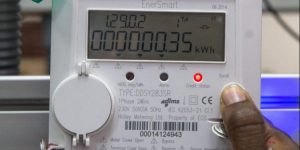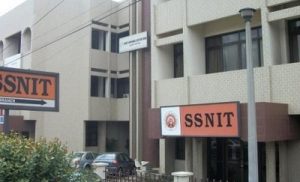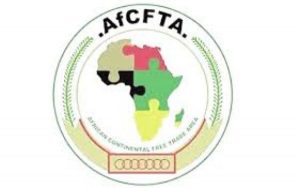The African Development Bank (AfDB) has stated that it will spend the sum of $2 billion in the next 3 years to support infrastructure development which will boost the African Continental Free Trade Area (AfCFTA).
This was disclosed by AfDB President, Dr Akinwumi Adesina, in a virtual media briefing at the end of the 2021 Annual Meeting of the bank on Friday.
What the AfDB President said
“For the potential to be realized fully, it is very important for the private sector to play a big role and the AfDB is supporting the AfCFTA to do that.
“You cannot trade if there is no infrastructure to trade; roads, rails, ports, highways. Those are the things the AfDB has been doing. We did not wait for the AfCFTA.
“In the next two years we expect to spend an additional $2 billion on AfCFTA related infrastructure to further deepen regional integration,” he said.
He added that the AfCFTA must be an industrialized and manufacturing zone for high valued manufactured products for wealth creation, stating that the AfDB would drive its industrialization strategy to support value chains and help Africa build its manufacturing capacity.
“We are supporting the development of the special agro-industrial processing zones that will allow African countries to industrialize their agriculture and add value to every product they produce.
“Regional value chains that are well supported with infrastructure and will allow Africa unlock its capacity in all of those areas,” he said.
He also recalled the $40 billion that the bank had spent on infrastructure development across Africa from 2016 to 2019.
“That made it possible for that regional integration to happen. The work of the bank is at the core of driving regional integration for Africa.
“AfDB was set up to drive regional integration and we have been doing that since 1964. We are working towards a common market eventually,” he said.







